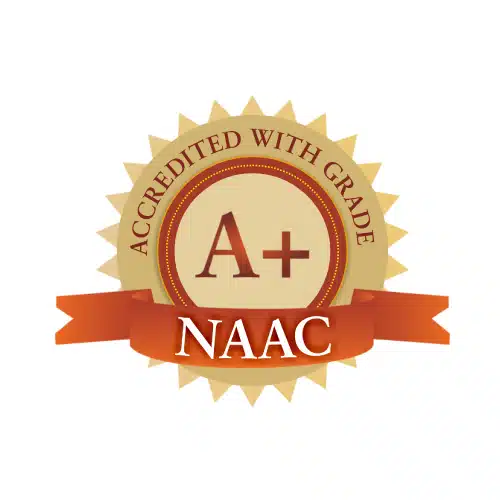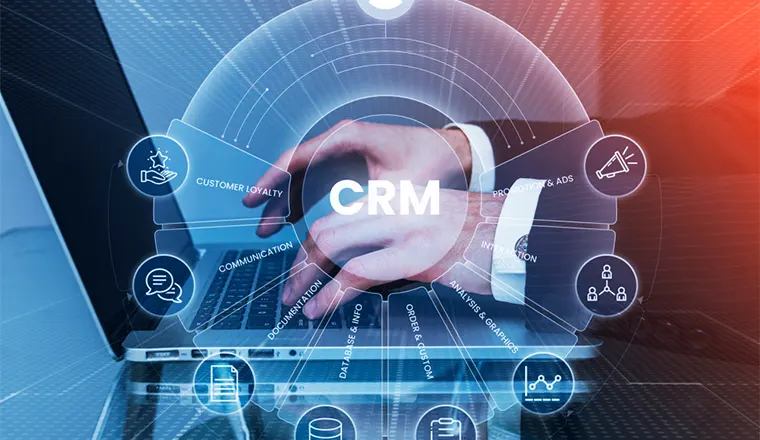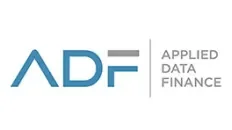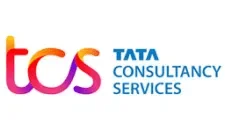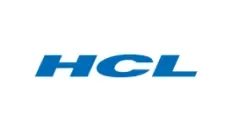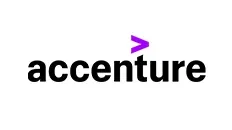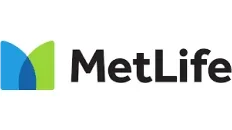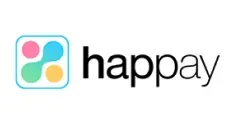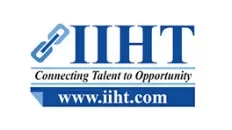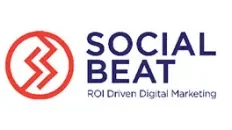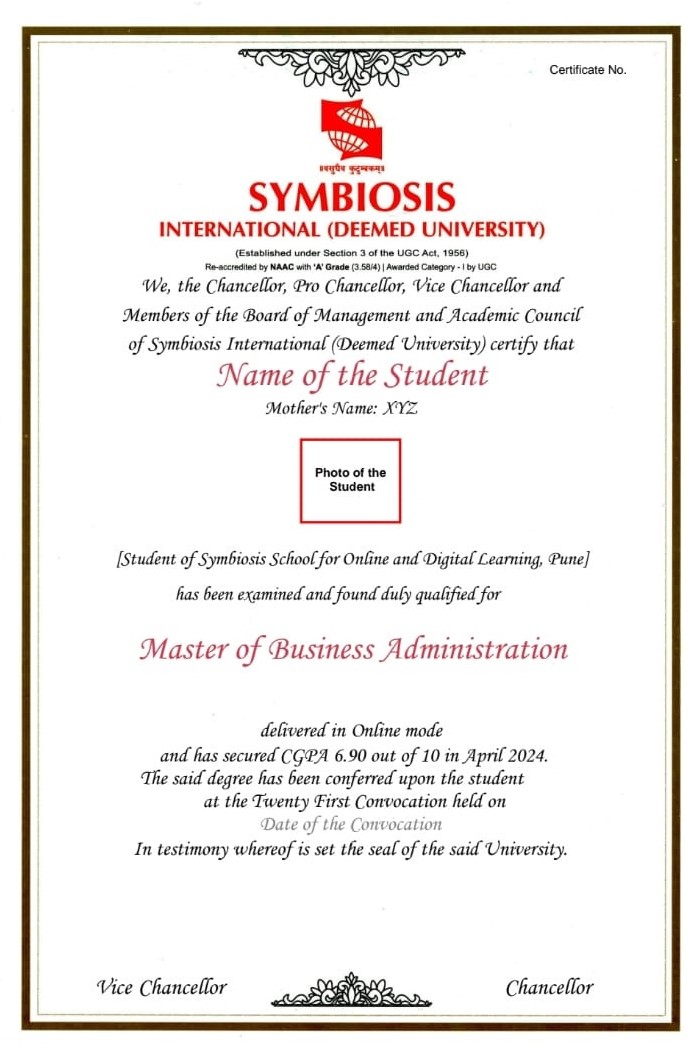Phases you’ll experience
1. Scoping & hypothesis — define the business question, stakeholders, constraints,
success metrics.
2. Data & discovery — collect/appraise data; benchmark with 2–3 external comps;
interview key users.
3. Options & evaluation — 2–3 credible options with cost/benefit, risks, and
decision criteria.
4. Business case — financial/operational model (assumptions visible), sensitivity
analysis, pilot plan.
5. Execution roadmap — owners, resources, milestones, risks & mitigations, learning
loop.
6. Executive presentation — 8–12 slides + appendix; 12–15 minutes delivery; 10
minutes Q&A.
7. Reflection — what worked, what didn’t, what you’d do differently.
Deliverables (portfolio-ready)
- Deck (problem → evidence → options → recommendation → plan).
- Model (spreadsheet/BI file with a clear read-me).
- 1-page executive memo (for non-specialists).
- Data room (cleaned inputs, logs, and assumptions list).



